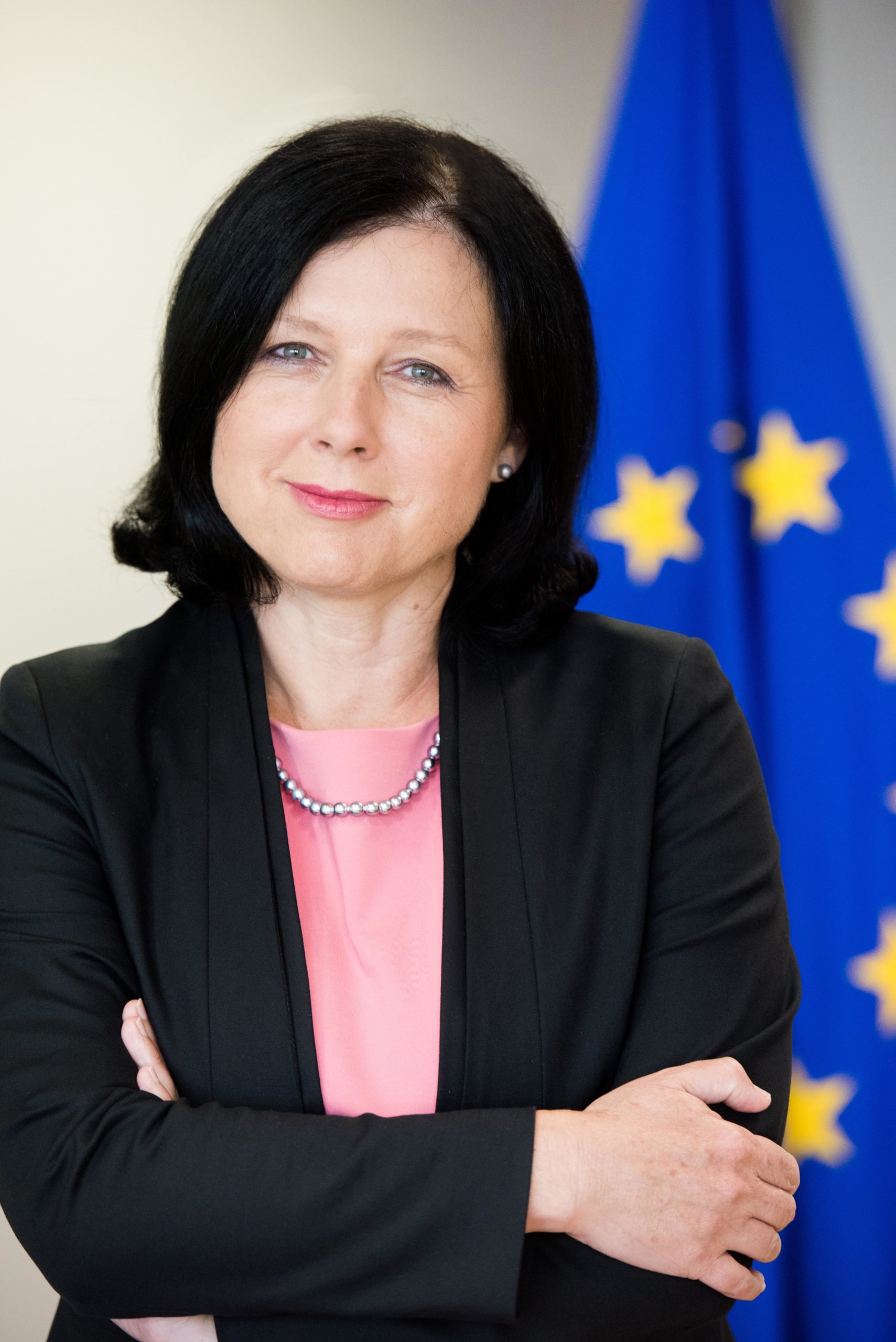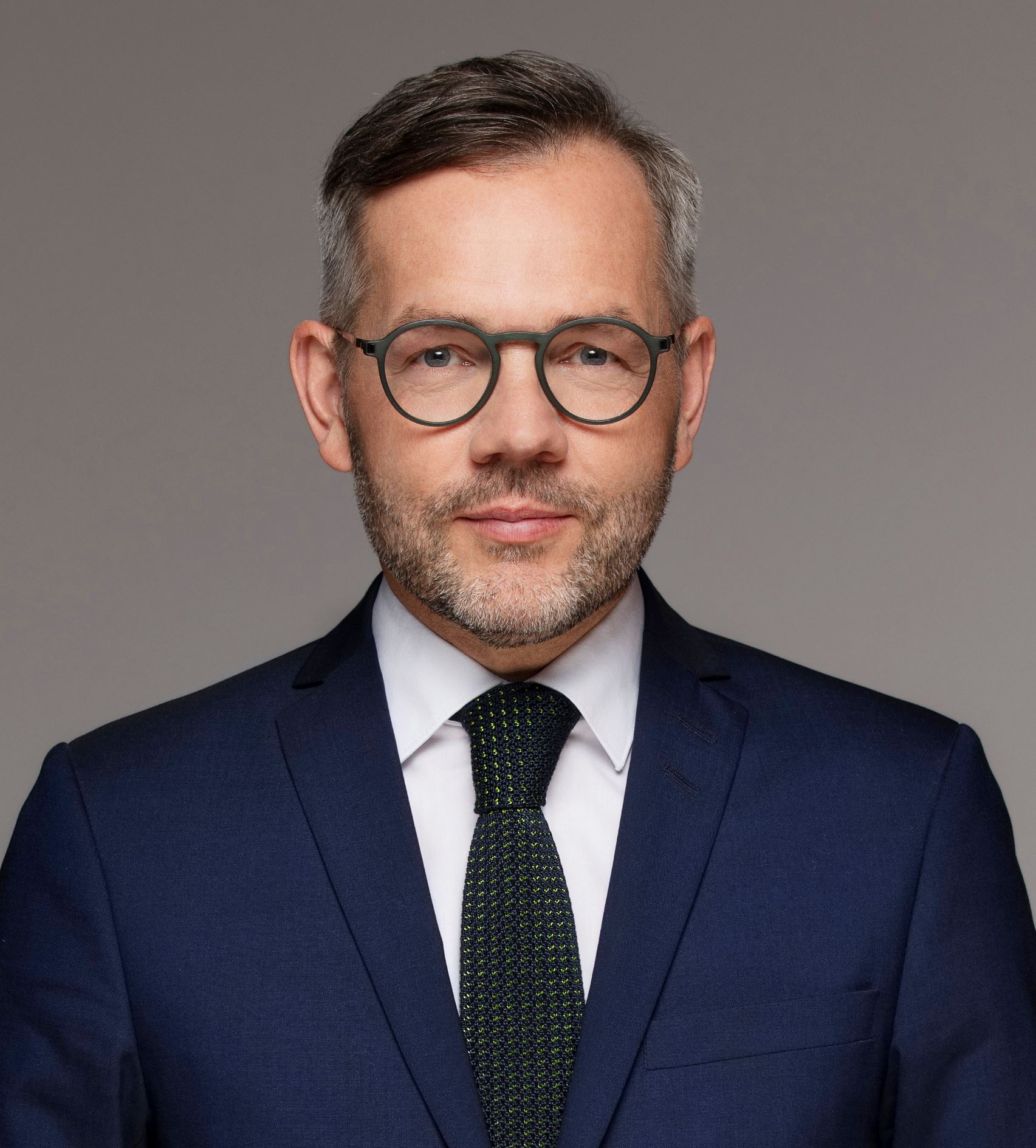Michael Roth at the ceremony to commemorate European Roma Holocaust Memorial Day 2019
2 August 2019
Michael Roth
German Minister of State for Europe
Commemoration speech at the Roma and Sinti memorial in Auschwitz-Birkenau on the occasion of the 75th anniversary of 2 August 1944 – the European Holocaust Memorial Day for Sinti and Roma 2019
Ladies and gentlemen,
In May 1944, Franziska Kurz was informed by the police that her four children aged between six and ten had been deported to Auschwitz. As early as 1939, the Nazi authorities had classified her husband as “a mixed‑race Gypsy and asocial”, deprived the parents of custody, put the children in a home and abused them as objects of research. In a letter the mother described the unimaginable exchange with the police officer and his brutally cynical response: “I asked him what else he wanted from my children; his answer was simply: to destroy them.”
On 2 August 1944, the National Socialists murdered several thousand old and sick men, women and children in the gas chambers of Birkenau, including Otto, Sonja, Thomas and Albert Kurz.
Preserving memories like these is so crucially important. For they provide a face, a story for the victims of the appalling mass murder of Sinti and Roma 75 years ago. This morning, eyewitnesses have movingly described that terrible night. I would like to express to you and all the survivors here today my heartfelt thanks for your willingness to share the darkest chapter of your lives with us and my admiration for your courage in doing so, all the more so since this once again opens up the wounds of remembrance and loss.
Making the victims’ accounts of their suffering accessible also to future generations is a vital prerequisite for ensuring that such tragedies never take place again. Reliable testimony is crucial in order to finally discredit the narrative of the Nazi murderers, which still lives on today with its prejudices and clichés. I would like to convey my sincere thanks to all those who work to preserve these memories, whether in the form of video documentation, “Voices of the Victims” audio recordings on the RomArchive platform or via other media.
In his unforgettable speech to the German Bundestag five years ago, Dutch Sinto Zoni Weisz spoke of the “forgotten Holocaust” of Europe’s Roma and Sinti. The genocide of more than 500,000 Sinti and Roma in Europe was not an isolated incident. They had suffered centuries of discrimination and been stigmatised as criminals. The fanatical racism of the Nazis fell on fertile soil. Its ostensibly scientific basis served as a shameless pretext for exclusion and disenfranchisement, which culminated in forced sterilisation, deportation, forced labour and murder.
The end of the Second World War brought no change with regard to the deep‑seated racism and anti‑Gypsyism in our society. For decades, the genocide perpetrated against the Sinti and Roma was repressed from the historical memory of the past and public remembrance. It simply didn’t happen.
It was 1982 before the Federal Government assumed responsibility for this genocide. That was above all thanks to the civil rights movement and the tireless efforts of the Central Council of German Sinti and Roma.
The bright spots in the European culture of remembrance have multiplied in recent years, albeit late, too late for many. In 2012, a memorial to the murdered Sinti and Roma of Europe was erected in Berlin. In 2018, preparations to establish a memorial on the site of the former Lety “Gypsy camp” in Czechia commenced. A few weeks ago, three Roma memorial sites were inaugurated in the context of the “Protecting Memory” project to commemorate the long‑forgotten victims of Nazi mass shootings in Ukraine.
Today, the German Chancellor and the Polish Prime Minister have jointly assumed the patronage of this memorial event. I am glad about the message this sends. I would like to thank the Central Council of German Sinti and Roma, the Association of Roma in Poland and the Auschwitz‑Birkenau Memorial and Museum for their organisation of this event.
Ladies and gentlemen,
Yes, there are undeniable successes and developments that give us hope. However, Sinti and Roma are still exposed to discrimination, marginalisation and threats, even in 2019. Not only from people on the streets and in social media, but also from politicians. Anyone who wants to count Sinti and Roma and find out where they live, just because they are Sinti and Roma, is guilty of racism. In fighting contemporary anti‑Gypsyism we face a huge test of our mettle, which we can only overcome together – in schools and families, at work and in government agencies, in associations and organisations.
I am pleased that in March 2019, an independent expert commission on anti‑Gypsyism was finally set up in Germany with the goal of drafting proposals on where we need to correct mistakes and what we could do better.
For several years, the International Holocaust Remembrance Alliance has focused on investigating the genocide of the Sinti and Roma and is promoting academic exchange on modern forms of anti‑Gypsyism. I hope, therefore, that under Germany’s Chairmanship of the International Holocaust Remembrance Alliance in 2020/2021, we will be able to adopt an international definition of what constitutes anti-Gypsyism.
The fight against anti‑Gypsyism requires courage and solidarity. We need many more partners in Europe who take a decisive stand for Europe’s largest ethnic minority and its rights. We need politicians who call a clear halt when right‑wing populists make use of old reflexes and serious prejudices.
Just a few weeks ago, we adopted a declaration at the Western Balkans Summit in Posnań, in which our governments committed themselves to concrete goals in the area of Roma inclusion. It is entitled “From words to deeds”. Despite their gratification, my Roma friends nonetheless remain sceptical. Resolutions have often been passed. But far too little has changed.
In the European Union there remains a great deal to do. Despite an existing EU strategy, there are still large deficits with regard to the integration and inclusion of Roma, particularly in the areas of education, employment, housing and health. Germany will use its EU Council Presidency in the second half of 2020 to raise awareness of shortcomings and to drive forward a follow‑up strategy for the period after 2020, under which the member states should commit themselves to assuming responsibility for progress in their countries.
Fighting anti‑Gypsyism will also be one of the priorities of Germany’s Chairmanship of the Committee of Ministers of the Council of Europe from mid‑November 2020. We want to work to ensure that fighting anti‑Gypsyism plays an even more prominent role in the work of the Council of Europe.
Ladies and gentlemen,
My message to you all is this: Sinti and Roma are part of our society. They help ensure that our societies remain vibrant and diverse. This is what a united Europe stands for. And we must defend Europe even more resolutely against its enemies – against nationalism, isolationism and racism.
I am pleased that ERIAC, the European Roma Institute for Arts and Culture, based in Berlin, has been working since 2017 to make the contribution of the Roma to the art, culture and history of Europe more visible. That of course also includes commemoration of the genocide 75 years ago. Along with many others, I intend to continue to do what I can to support ERIAC. That I promise you.
My hope is that in future Sinti and Roma will be adequately represented in our parliaments and governments, in business and the media, in culture and sport, and that their voices will be heard. To achieve this we need above all to win over young people’s minds and hearts. That will not bring Otto, Sonja, Thomas and Albert back to life, but it will ensure that no mother ever again will have to endure the terrible fate of Franziska Kurz.
Thank you very much.
Statements 2019

Jesse Jackson
Civil Rights Activist

Věra Jourová
European Commissioner for Justice, Consumers and Gender Equality

Michael Roth
German Minister of State for Europe










